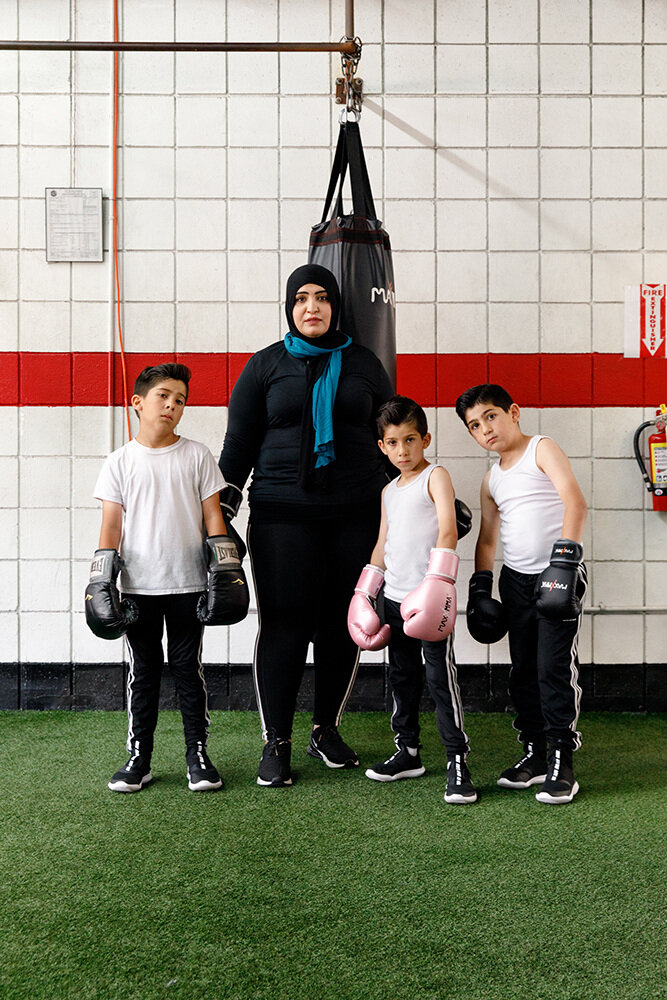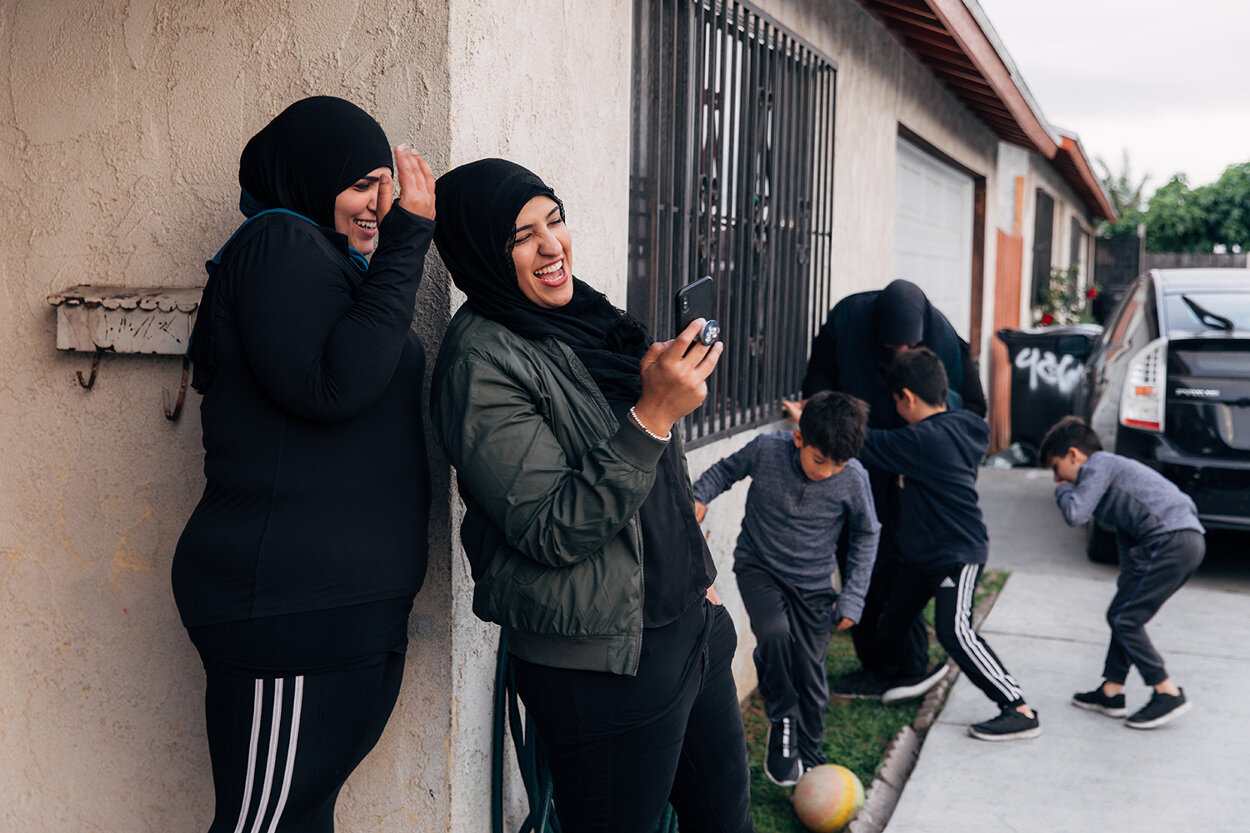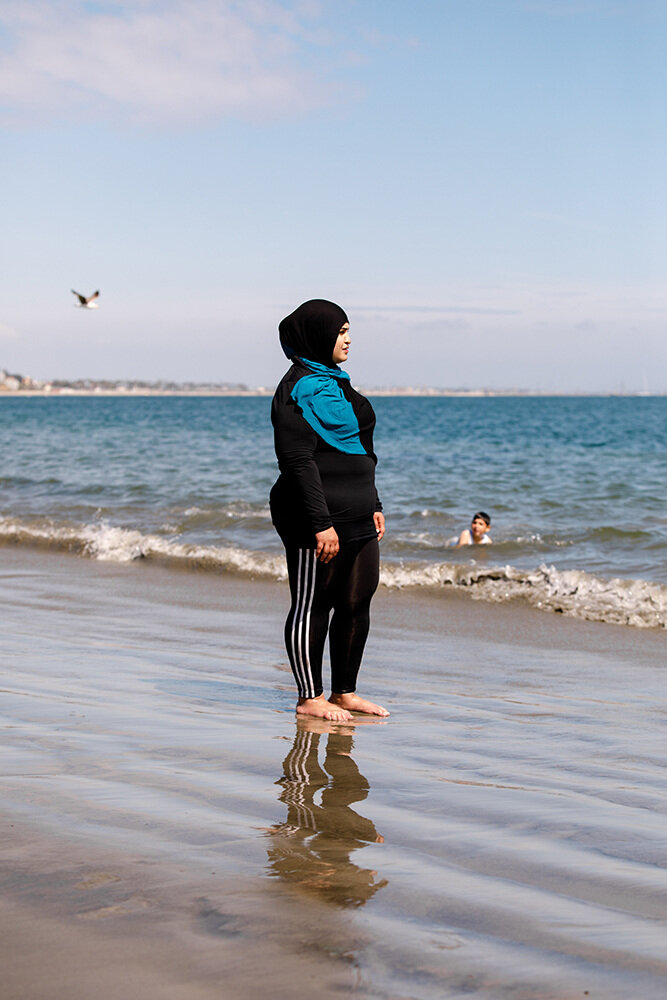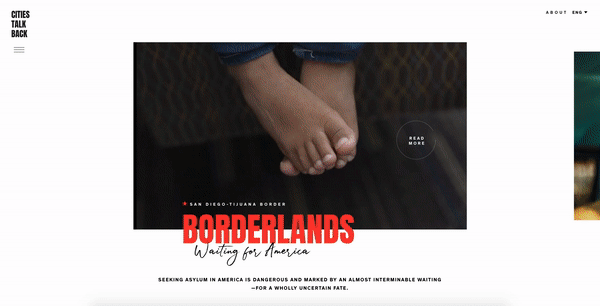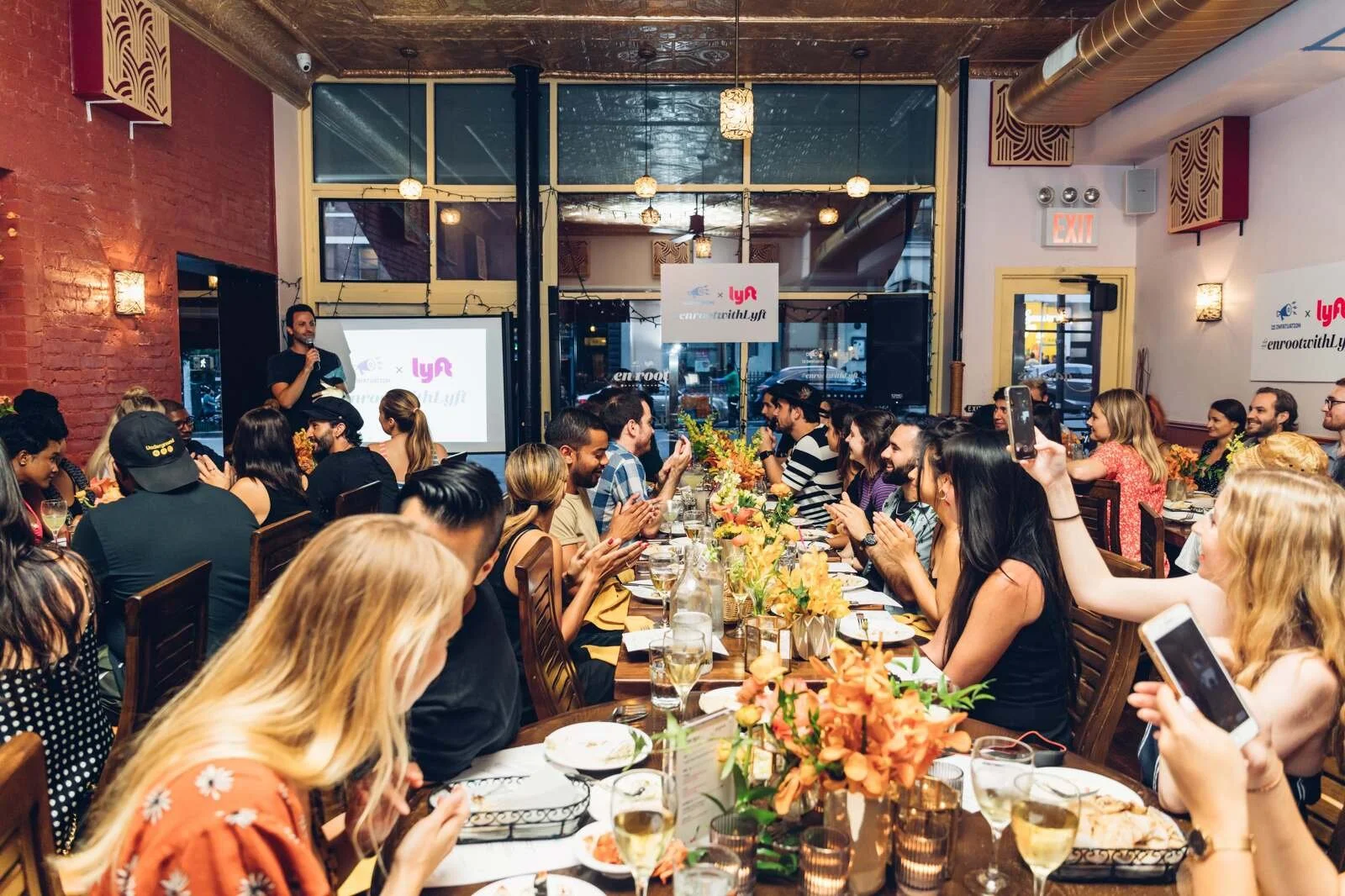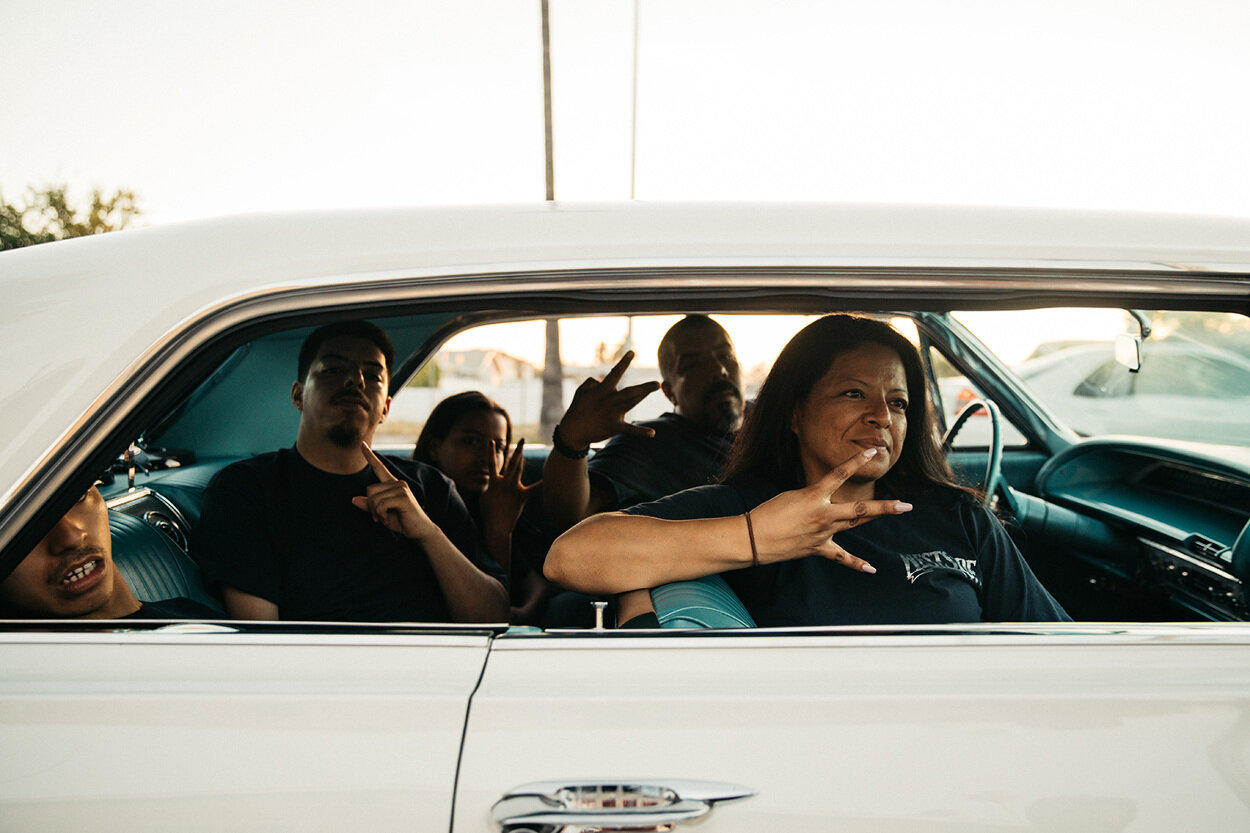America is an Idea,
Not a Geography.
America is an idea. One so profound it magnetizes people from all over the world. Yet, not all are welcome equally. On a daily basis, immigrant rights — and immigration itself — are threatened. These assaults on one of America’s most vulnerable populations degrade life for every one of us; a land of opportunity that exists for only a select few is not a land of opportunity at all.
Lyft could no longer sit on the sidelines, knowing that a large portion of drivers are immigrants, and in dire need of our support. Together with Even/Odd and Hello Monday we took action by launching this ambitious initiative. Not only talking about the issue, but also providing thousands of free Lyft rides to dozens of immigration groups. We helped numerous families across America get access to vital services they need, and deserve. Alongside our partner organizations, RAICES and ACLU, we encouraged Lyft users to do their part by signing up to Lyft’s “Round Up and Donate”, which led to the biggest spike in opt-ins in years.
Role: Creative Director, Writer, Social Impact
Featured in:
Redefining “American”
Five vignettes across America revealing the resilience of the immigrant fabric of our country amidst the Trump administration's current and proposed policies.
80% of the filmmakers, photographers, and writers of this campaign identify as first-generation or immigrants –– many from the same communities profiled.
The Digital Magazine
To house all of the content, we created a stunning interactive website. A bold and timely collection of films, photojournalism, and editorial of the immigrant culture during this current time in America.
New York Times Partnership
Working with the New York Times, we identified an opportunity for a contextual print ad in their immigration issue. We also created a masthead for digital readers.
Influencer Dinners
Partnering up with The Infatuation, we hosted dinner parties for influencers at immigrant owned restaurants - - Guelaguetza in LA (Oaxacan), Garcia's Seafood Grille in MIA (Cuban), Galaza's in NYC (Druze). Additionally, members of nonprofit RAICES, shared some of the stories and battles they are facing everyday as they offer legal aid to immigrants caught in the border crossfire, who have no means to representation on their own.
Awards & Recognition
Webby Awards
Winner (Best Corporate Social Responsibility)
Shots Magazine
Featured
Vimeo
Pick of the Month
Communication Arts
Featured
FWA
Site of the Day
Lürzer's Archive
Featured
The people, and their stories
Bad Hombre
Wilson, a.k.a. Punch, was born in LA to Salvadoran parents. He builds lowriders—and he didn’t think he’d live past 21. Wilson (aka Punch) was raised in Crenshaw in South Los Angeles, California, where his childhood wasn’t easy. He developed a passion for lowriders from 12 years of age,and today, he drives with Lyft in his spare time. Punch is a devoted father to his three children, two of whom have disabilities, and he dedicates much of his time to the Deaf Latinos Y Familias Organization. (full story)
Borderlands
Seeking asylum in America is dangerous and marked by an almost interminable waiting—for a wholly uncertain fate. Seeking asylum in America is a dangerous journey that’s often marked by interminable waiting — for a wholly uncertain fate. But there are people who are trying to help, like Mark and Jules. From minute to minute, Mark and Jules respond to calls from migrants in need; provide food, clothes, and temporary housing; and coordinate transportation. (full story)
Life After 1991
Somali immigrants landed in Minneapolis after the 1991 civil war—now they’re redefining themselves as Somali-Americans. In 1991, a violent civil war in Somalia displaced millions of children, women, and men. The Somali diaspora began with many fleeing—often by foot or boat—to neighboring countries as a method of survival. Minnesota, with one of the most robust refugee resettlement programs in the United States, was an ideal, welcoming place for Somali refugees and asylees to resettle. (full story)
Nine Numbers
Cesar was born in Mexico, and raised in Alabama, undocumented. He’s an American in every sense but on paper. He dreams of standing in front of a judge, receiving his American citizenship one day.
⠀⠀⠀⠀⠀⠀⠀
“When I got DACA status, it gave me power. I felt strong. I felt like I could speak. And so I just started writing and being an advocate and speaking at churches. But people would write to me privately and say, ‘If you're such a good Christian, you would go back and come in the right way. You're living in sin.’ Pastors, church leaders, friends, family. My own religion was telling me that I'm not good enough for it. And it hurts.” (full story)
The 80's
Shervin was born in Iran and grew up in San Jose. He’s an ‘80s enthusiast, and collects cars and all kinds of memorabilia from the era. The ’80s in America are remembered as a unique, fun, cultural moment — one littered with splashes of neon and flashes of Miami Vice. But in Iran, it was the decade the Islamic Revolution took hold — leading to generational and cultural divides between it and the western world. (full story)
My Three Sons
Zahraa is a single mother, a Muslim, and an American. She lives in Los Angeles with her three sons. “People say there are a lot of differences between Muslim women and other American women. Get this: I wake up early every morning, and the same time I'm leaving, my neighbor's leaving. And we're both taking our kids to school, taking them to appointments, running the exact same errands at the exact same time. And, of course every single mom needs her own time as well — I mean, hey, a night with the ladies. Everybody does that. I’m a Muslim woman, and I’m independent. There's no difference between us and anyone else.” (full story)
